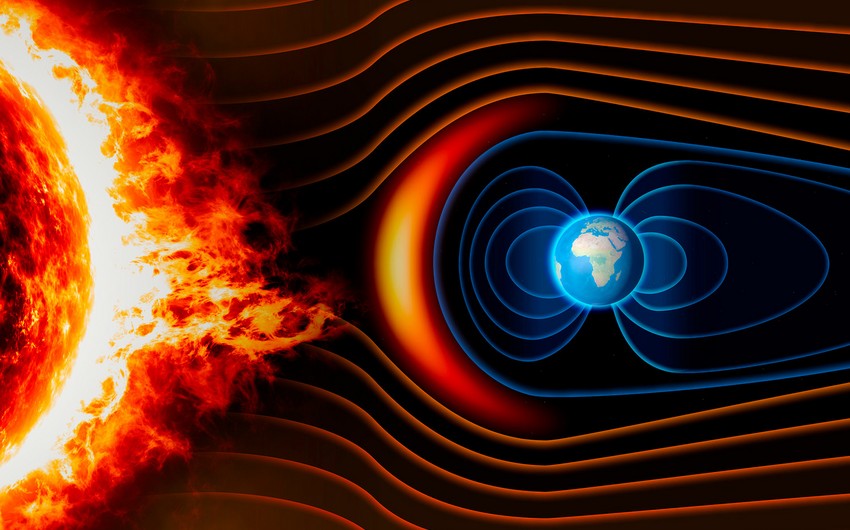Solar storms can deflect satellites in low Earth orbit hundreds of kilometers from their trajectories. The problem affects not only small satellites but also large objects, including the ISS and the Chinese Tiangong space station, Report informs with reference to an article on Space.com.
“At an altitude of 500 kilometers, we can determine the position of satellites with an accuracy of two centimeters. But at lower altitudes this becomes a big problem,” Alex Saltman, CEO of the Californian satellite company GeoOptics, said in an interview with the outlet.
This is because solar flares increase the density of the Earth's upper atmosphere. These differences can throw satellites off course, with the solar wind's effects being strongest at altitudes of about 400 kilometers and below. The ISS is located exactly at this distance from the planet, and Tiangong is located only 25 kilometers higher.
Solar influence makes it very difficult to predict orbital maneuvers due to the changing drag profile of the objects. Preparation for maneuvers requires several days. It takes approximately the same time for solar plasma emissions to reach the Earth, which usually occurs unexpectedly.
Scientists expect the current solar cycle, the 25th since records began, to peak later this year. Since the last maximum in 2014, the number of satellites in orbit has increased sevenfold. Therefore, during the upcoming peak of solar storms, loss of control or even the loss of many devices cannot be ruled out, experts warned.


 https://static.report.az/photo/085fdb11-391f-3185-b3e5-deb6a591aa55.jpg
https://static.report.az/photo/085fdb11-391f-3185-b3e5-deb6a591aa55.jpg

